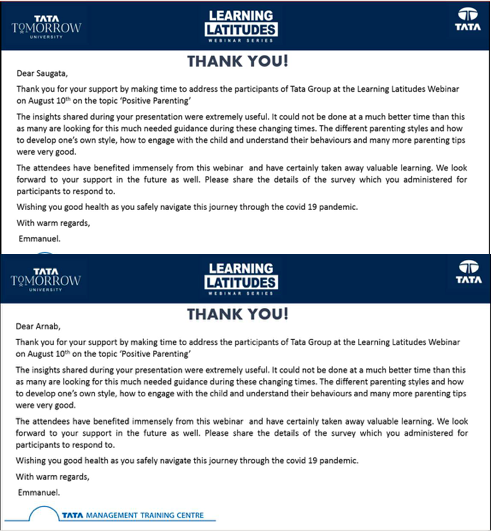4 Vital Factors
VALUE FORMATION AND INSTILLING POSITIVE GOOD BEHAVIOR
Helping Children Make Good Choices
What can parents do now to prepare their kids in the right direction towards thinking for themselves and making good (or better) choices? Experience tells us that prudence can be realistically achieved not at seven (age of reason) but by the age of eighteen.
Spanish educator David Isaacs, PhD suggests that parents lay the foundation for prudence by instilling four good habits during the first seven years of life.
Namely: obedience, sincerity, order, and justice.
He believes that these four habits are needed in the progressive development of other good habits within the next three phases: charity and fortitude (courage) in elementary level (8 to 12), faith and temperance (self-control) in adolescence (13-15), and hope and prudence (sound judgment) in young adulthood (16-18). Furthermore, those who have these virtues will naturally find happiness and human maturity, he concludes.
Obedience

A loving but firm parental authority exercised in each home prevents domestic chaos – clutter, sickness, hunger, shouting, violence, disrespect, and rebellion. Imagining chaos in infants and toddlers may seem tolerable, but when we project this in adolescents and grown-ups with a voice, a choice, and plenty of muscle… no one wants to end up the loser. Young children must learn to obey their parents’ reasonable demands (not mere trivialities), but they also have to hear kind simple explanations to common rules, situations, and events.
It is through a consistent, regular, and clear communication of the parents’ pleasure or displeasure, approval or disapproval, happiness or sadness toward ideas, words, and/or actions that children begin to experience and understand the value system of their family. This value system will be validated, respected, or rejected in later life based on the methods used, attitudes absorbed, emotions attached, and information gathered from home, school, or elsewhere. Inconsistency will easily confuse inexperienced young minds, which have not yet learned the purpose of life.
Sincerity

Sincerity (telling the truth at the proper time and to the proper person) must be practiced at home. The children must imbibe it in the context of helping loved ones to improve (out of charity and justice). Children will likely be more confident in this type of home environment and prefer it to a contrary one.
It will be difficult for the good and true to be embraced by those who grow up with lies and end up with bad habits (or vices) and muddled criteria. If they turn cynical and become individualistic – instead of accepting their vital role in the success of their own family, as well as the larger community – they delay their own chances for true and lasting happiness. And no parent consciously wants this to happen!
Thus, it is critical for parents to expose their family members to reliable criteria and genuine good (not mere apparent good), so that they can encourage their children’s potential abilities to know the truth and to love good. This is done using two of their more important, separate, but interlinked powers of the intellect and the will present in the soul of human beings, making us all accountable.
Order

The third habit of order provides the family, especially the young children, a sense of predictability and stability because procedures are followed and many things are done properly at their place and time. Nothing ruins a child’s equilibrium more than disorder – in his caregiver, his schedule, his bed, and so on. Even parents need order to maintain their own well-being and sanity. Note that a lot of affection is more effective than reasoning in making sure family members get along well.
Justice

The young inherently value justice because of their natural demand for parental time and love, in competition with siblings, work, and other distractions (to a child’s mind). They are ready to understand the importance of fairness in what is due them (or others) in ordinary circumstances. Adults are expected to apply rules and sanctions equitably lest children rebel and defy authority figures and rules.
Children must get the message that life makes sense, rules make sense, and consequences make sense. They need to see things as they are over what they seem, and be able to choose a path that will lead them closer to universal values, or their ‘true norths - True North is your orienting point - your fixed point in a spinning world - that helps you stay on track as a leader. It is derived from your most deeply held beliefs, values, and the principles you lead by. It is your internal compass, unique to you, representing who you are at your deepest level.





